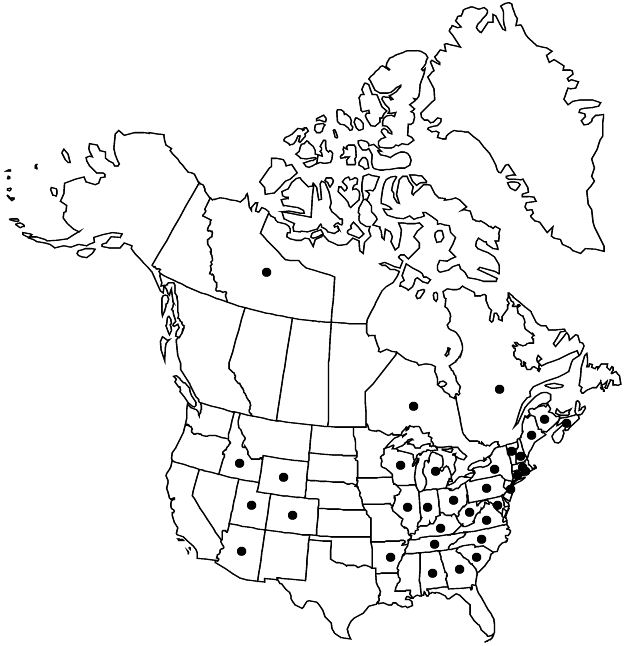Difference between revisions of "Viola canadensis var. canadensis"
FNA>Volume Importer |
imported>Volume Importer |
||
| (2 intermediate revisions by 2 users not shown) | |||
| Line 3: | Line 3: | ||
|accepted_authority=[E] | |accepted_authority=[E] | ||
|publications= | |publications= | ||
| + | |special_status={{Treatment/ID/Special_status | ||
| + | |code=E | ||
| + | |label=Endemic | ||
| + | }} | ||
|basionyms= | |basionyms= | ||
|synonyms={{Treatment/ID/Synonym | |synonyms={{Treatment/ID/Synonym | ||
| Line 69: | Line 73: | ||
|publication title= | |publication title= | ||
|publication year= | |publication year= | ||
| − | |special status= | + | |special status=Endemic |
| − | |source xml=https:// | + | |source xml=https://bitbucket.org/aafc-mbb/fna-data-curation/src/2e0870ddd59836b60bcf96646a41e87ea5a5943a/coarse_grained_fna_xml/V6/V6_207.xml |
|genus=Viola | |genus=Viola | ||
|species=Viola canadensis | |species=Viola canadensis | ||
Latest revision as of 22:19, 5 November 2020
Plants solitary, 11–46 cm. Rhizomes not branched. Stems 1–2(–4). Leaves: basal: petiole 1.2–20 cm; blade ovate to ovate-reniform, 1.4–8 × 2.4–9.2 cm, base cordate, margins crenate; cauline: stipules oblong, ovate, or lanceolate, margins usually entire, apex acute, long-acuminate to cuspidate, or ± truncate; petiole 0.1–6.1(–15.2) cm; blade ovate to deltate, 2–7.1 × 0.9–6.2 cm, base cordate or truncate, margins crenate to crenulate, ciliate or eciliate. Peduncles 1–2.6(–6.1) cm, sometimes glabrous below bracteoles. Flowers: lowest petal 8–15 mm. Capsules 4–8.5 mm, sometimes minutely muricate. 2n = 24.
Phenology: Flowering Apr–Oct.
Habitat: Riparian, coniferous or aspen forests, deciduous and mixed forests, cove hardwoods, northern hardwood forests, moist, shaded slopes, sandy, rich, or rocky soil, talus slopes, road cuts
Elevation: 50–3600 m
Distribution

N.B., N.W.T., N.S., Ont., Que., Ala., Ariz., Ark., Colo., Conn., Ga., Idaho, Ill., Ind., Ky., Maine, Md., Mass., Mich., N.H., N.J., N.Y., N.C., Ohio, Pa., R.I., S.C., Tenn., Utah, Vt., Va., W.Va., Wis., Wyo.
Discussion
H. J. Scoggan (1978–1979) stated that reports of var. canadensis from Newfoundland require confirmation.
Selected References
None.